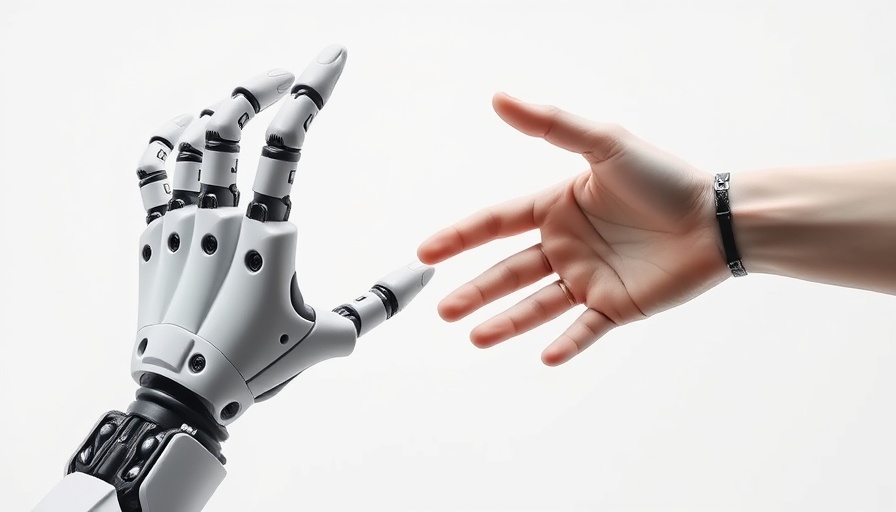
Unraveling the Thrill of Modern AI Technologies
In recent discussions surrounding artificial intelligence (AI), a provocative question arises: Is contemporary AI technology akin to a modern form of slavery? This reflection, while extreme, points toward an essential conversation about the ethics of AI development and its application in society. As AI becomes an integral part of our daily activities—ranging from chatbots in customer service to sophisticated algorithms analyzing big data—it is crucial to assess its impact on human rights, privacy, and employment.
The Dual Nature of AI: Empowerment vs. Dependency
AI offers numerous benefits, enhancing operational efficiency across industries, from healthcare advancements that improve patient care to marketing strategies that personalize consumer experiences. Technologies such as machine learning and natural language processing empower businesses, streamlining workflows and fostering innovation. Yet, this very dependency on AI leads to concerns about an over-reliance on automated systems that could eclipse human input—sparking fears about job displacement and diminished human autonomy.
Ethics and Accountability in AI Development
Central to the discussion is the question of ethical AI development. How do we ensure that AI applications respect fundamental human rights? Issues surrounding explainable AI (XAI) emerge as critical; users must trust that decisions made by AI systems are transparent and accountable. Addressing AI risks involves establishing robust ethical frameworks and promoting diversity within AI development teams to represent varied perspectives. The importance of these frameworks cannot be overstated, especially as AI systems take on roles with significant societal implications.
AI Trends and the Future of Human Engagement
As we look forward to 2025, emerging trends in AI technology will likely deepen the partnership between humans and machines. Advancements in generative AI models and AI-powered automation will reshape industries, providing tools that augment human capabilities rather than replace them. This transition raises insightful questions—how can society adapt to a reality where AI plays a prominent role? Engaging with these challenges proactively ensures that AI serves as a tool for empowerment rather than a source of fear.
Conclusion: Join the Dialogue on Ethical AI
As we navigate the complexities of AI applications, fostering an open dialogue about ethical development is essential. Recognizing the potential risks and benefits of AI technologies will empower individuals and organizations alike to make informed choices. Stay updated on the latest AI developments and participate in discussions that shape the future of technology in society.
 Add Row
Add Row  Add
Add 




Write A Comment